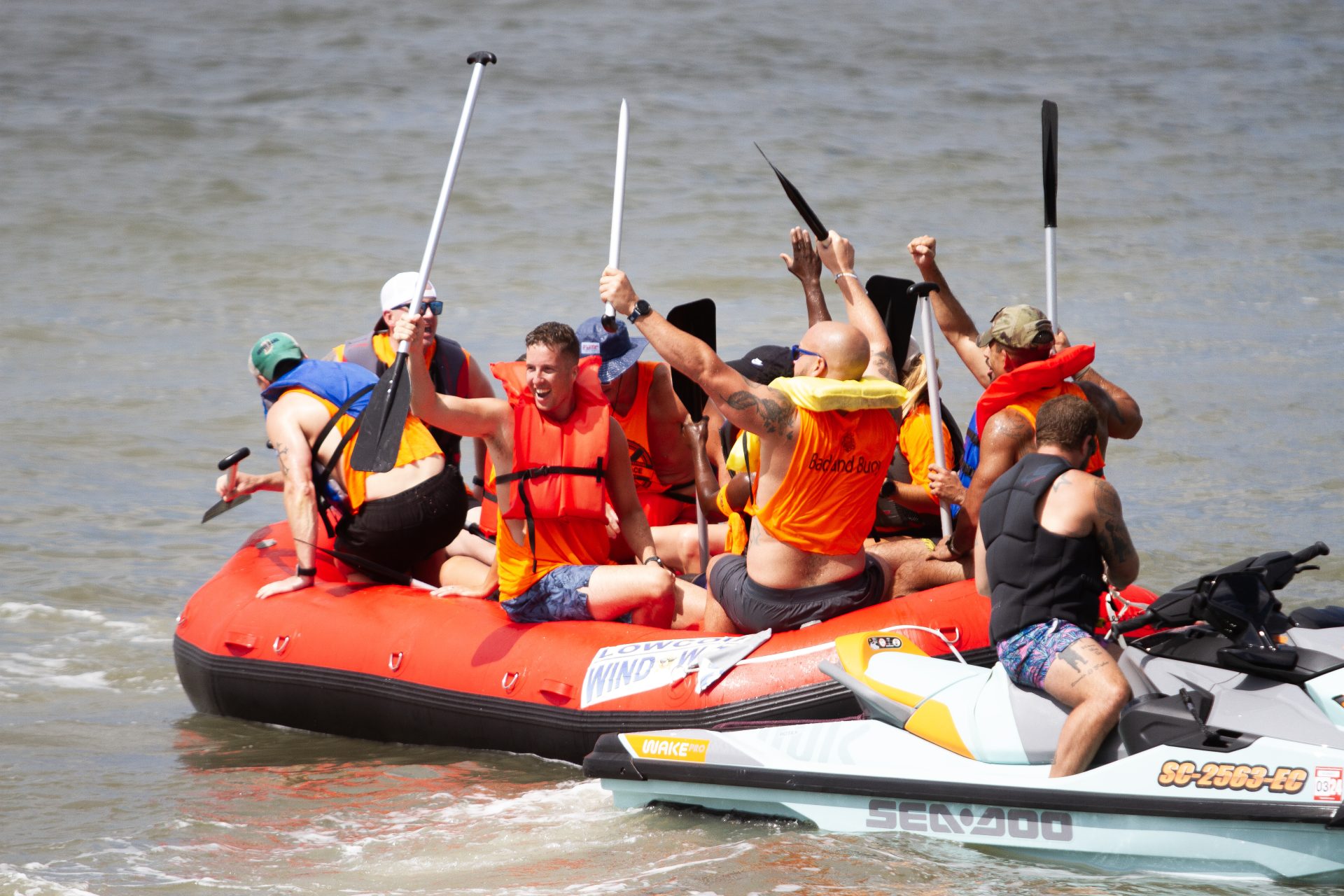Why Travel Sports are Bad

Travel sports can have negative impacts on athletes’ physical well-being and mental health. Intense training, long hours of travel, and high-pressure competitions can lead to burnout, injuries, and stress-related issues, ultimately outweighing the potential benefits.
Additionally, travel sports can also hinder athletes’ academic and social development, as the demands of the sport often require them to prioritize training over other activities. Overall, while travel sports may offer opportunities for skill development and competition, the potential drawbacks make them potentially harmful for young athletes.

Credit: yourislandnews.com
1. Physical And Mental Toll Of Constant Travel
Travel sports can have a detrimental impact on athletes, both physically and mentally. Constant travel takes a toll on their bodies, leaving them exhausted from frequent matches and tournaments. The risk of overuse injuries is heightened due to the demanding schedule of travel sports.
Young athletes also face mental health challenges such as stress and burnout. It is crucial to recognize the negative consequences of travel sports on young athletes’ well-being. These challenges can affect their overall performance and hinder their growth as athletes.
Sports organizations and parents must prioritize the physical and mental health of young athletes and find a balance between competition and rest.
2. Neglecting Other Aspects Of Development
Travel sports can have negative effects on a child’s overall development, especially when it comes to neglecting other aspects. Academic performance suffers as education takes a backseat, impacting success in school. Missed social opportunities lead to isolation and a lack of normal teenage experiences.
Instead of focusing on personal growth, travel sports limit skill development by prioritizing performance. By ignoring these important aspects, young athletes may miss out on a well-rounded development. It’s crucial to strike a balance between sports and other areas of a child’s life to ensure a healthy and holistic growth.
Travel sports should not overshadow education, socialization, and the opportunity for personal growth.
3. Financial Burdens And Inequality
The financial burdens of participating in travel sports can create inequality among athletes. The rising costs of travel sports are often a barrier for lower-income families, limiting their access to opportunities. This creates a divide between the haves and have-nots, perpetuating elitism in the sports industry.
Underprivileged athletes face a lack of opportunity in traditional sports, as the focus and resources are often directed towards travel sports. This further widens the gap between those who can afford to participate in travel sports and those who cannot.
The unequal distribution of resources and opportunities in the sports world is a pressing issue that needs to be addressed to create a more inclusive and fair playing field for all athletes, regardless of their socioeconomic backgrounds.
Conclusion
To wrap up, while travel sports may seem like an exciting opportunity for young athletes, it is essential to consider the potential drawbacks they can bring. The intense pressure, physical strain, and overwhelming financial burdens associated with travel sports can have detrimental effects on both the players and their families.
Moreover, the limited time for other activities, like academics and social interactions, can hinder overall development. Sacrificing important aspects of life for the pursuit of athletic success may not be worth it in the long run. Therefore, it is important for parents, coaches, and athletes to carefully weigh the benefits and drawbacks of travel sports before making a decision.
Considering alternative options like local sports teams or recreational leagues can provide a healthier and more balanced athletic experience. Ultimately, prioritizing overall well-being and personal growth should always be the primary focus when considering participation in travel sports.


